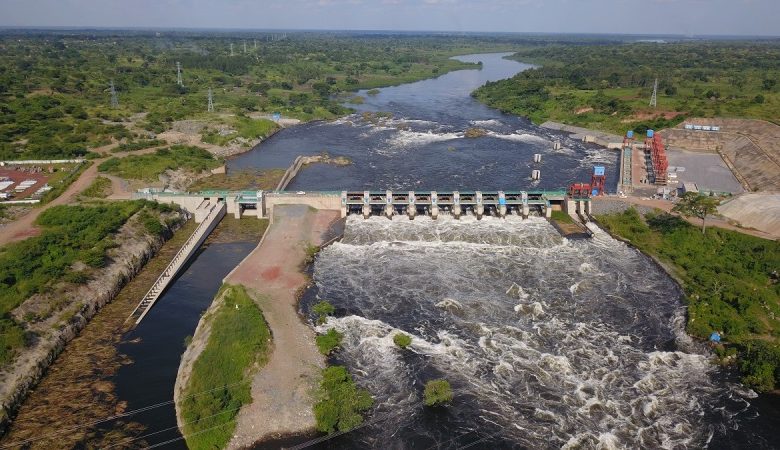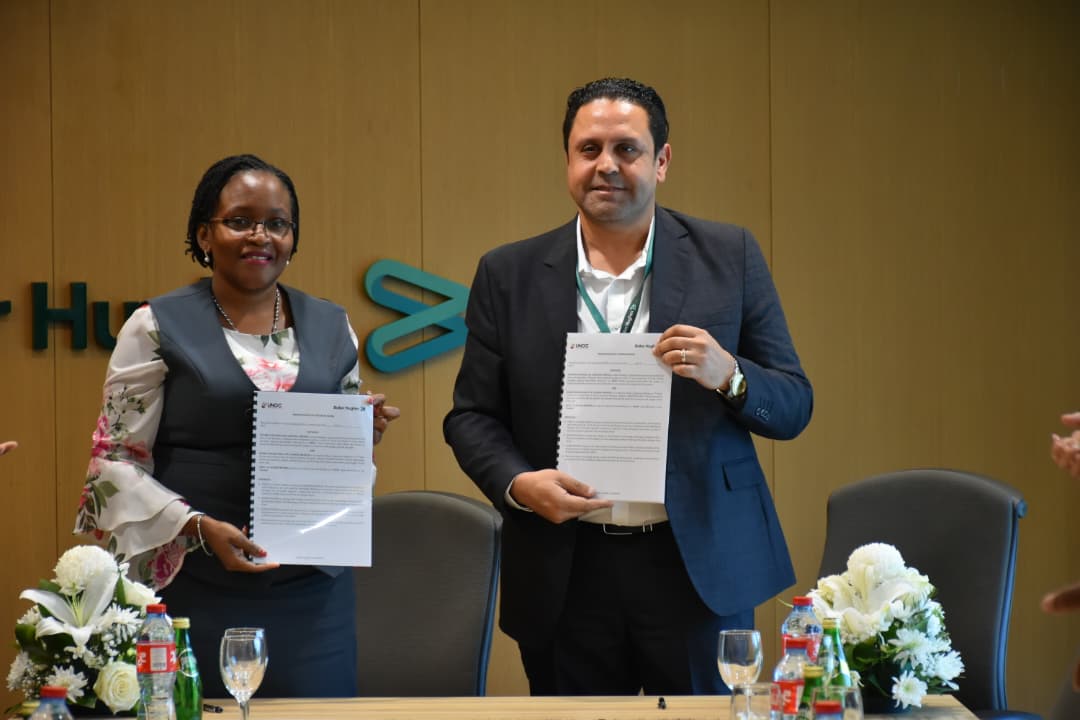Drivers voice frustration over charges for transit through Murchison falls National Park
Speaking at the Uganda Media Centre, Minister Mugarra explained that the road was constructed specifically as a tourism road, not for general public use.

The ongoing debate over charges imposed on vehicles transiting through Murchison Falls National Park has sparked concern among drivers, particularly those traveling to northern Uganda.
State Minister for Wildlife and Antiquities, Martin Mugarra Bahinduka, recently reaffirmed Uganda Wildlife Authority (UWA)’s stance that vehicles will continue to be charged for using the Kichumbanyobo Paraa Tangi – Pakwach bridge road, despite growing opposition from the public and politicians.
Speaking at the Uganda Media Centre, Minister Mugarra explained that the road was constructed specifically as a tourism road, not for general public use.
“Contrary to claims, it is not only Murchison Falls National Park that charges travelers. The road was never meant to be a public route,” he said, addressing concerns raised by some MPs from northern Uganda.
Kilak County MP, Gilbert Olanya, has been vocal in contesting the fees, calling them unfair. “People traveling through Lake Mburo and Queen Elizabeth National Parks in western Uganda don’t pay a fee. Why should those going to northern Uganda be subjected to charges?” he questioned, arguing that the policy discriminates against northern travelers.
Drivers weigh in on the issue
For many drivers, the charges have added an unexpected financial burden, especially with the temporary closure of the Karuma Bridge for repairs. Drivers now have limited alternative routes and are frustrated by the steep costs associated with using the park road.
“It’s unfair and unnecessary,” said Musa Kayongo, a truck driver regularly transporting goods between Kampala and West Nile. “We’re just trying to get to our destination, and now we’re being charged for a road we had no choice but to use. I don’t understand why other national parks don’t impose similar fees.”
Peter Omara, a public taxi driver in Gulu, shared similar sentiments. “We’re already dealing with rising fuel prices and long routes due to the bridge closure. Adding these fees just makes it harder for us to make a profit,” he explained. “Some of my passengers are now opting for buses that avoid the park altogether.”
Other drivers, however, have found the park route to be faster despite the charges. “It’s expensive, but it saves me time. If I take the longer alternative, it adds hours to my journey, and that also costs money,” said Robert Okello, a private vehicle owner from Lira.
“But I hope the government finds a solution soon because many of us can’t keep affording these fees.”
Government defends charges
In response to criticism, Minister Mugarra highlighted that travelers do have free alternative routes available, including one through Kiryandongo via the Karuma Bridge, though that option is currently affected by the ongoing refurbishments. He also mentioned that the Bugungu gate on the Bulisa route remains free for everyone.
“We are not completely blocking access. People can still travel through Murchison Falls National Park for free via the Bugungu gate,” the minister explained, though many drivers argue that this route is not as convenient or well-maintained.
According to UWA, the charges for passing through the park range from 20,000 to 500,000 Shillings, depending on the type of vehicle. The fees are meant to support conservation efforts and maintain park infrastructure, particularly roads used by tourists. However, this reasoning hasn’t convinced many of those affected.
“I understand they need money for the park, but they should make exceptions for those of us who aren’t there for tourism,” said Christian Auma, a delivery driver. “We’re not stopping to see the wildlife; we’re just trying to do our jobs.”
Calls for reform
As the Karuma Bridge remains closed for repairs, more drivers and travelers are being funneled through Murchison Falls National Park, and the calls for reform are growing louder. MPs like Gilbert Olanya are pushing for changes, urging the government to either reduce the fees or eliminate them for transit purposes.
“We need fairness. If one part of the country isn’t paying, why should another be forced to? We’re all Ugandans,” Olanya emphasized.
While the government maintains that the fees are necessary for tourism development and conservation, drivers and travelers hope for more accessible, cost-effective solutions. As the issue continues to unfold, many wonder if these charges will remain in place, or if a more equitable arrangement can be reached.







